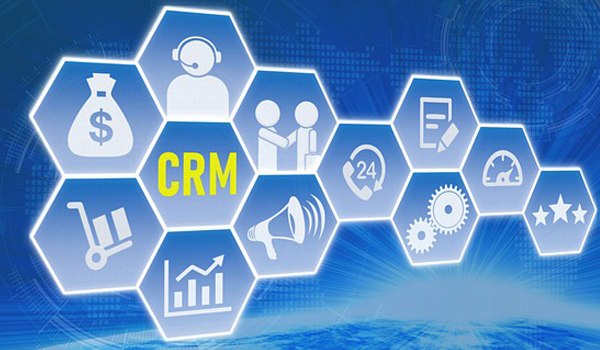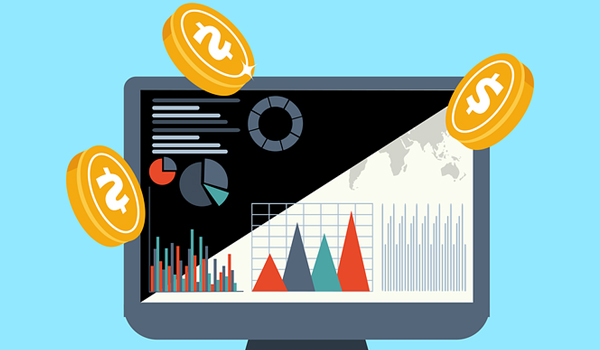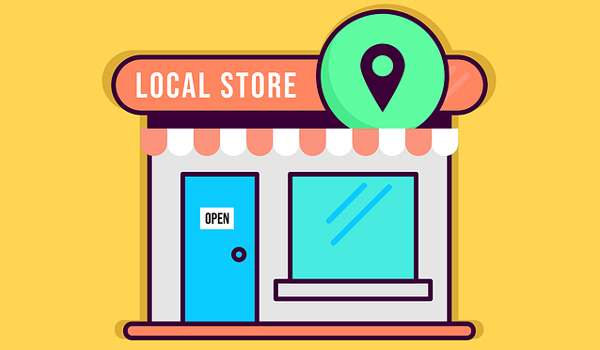B2B
Business-to-business or B2B represents a category of companies that work exclusively with other businesses.
Updated: October 11, 2023

Business-to-business or B2B represents a category of companies that work exclusively with other businesses. These relationships could be between a wholesaler and a manufacturer, a wholesaler and a retailer, or a retailer and a manufacturer.
Customer relationship management (CRM) software is used by many B2B businesses to manage their customers, sales cycles, and upsells. B2B companies are allowed to track their customers and their related history in a single location with CRM software.
Service-based, product-based, and software-based are three models of B2B businesses. Payroll providers, Software as a service (SaaS), Property managers, Medical equipment manufacturers, Industrial cleanup, Marketing firms and agencies, Food manufacturing, Point-of-sale (POS), Consultancies and, Business insurance providers are the most common types of B2B businesses.
Market stability, higher ROI and single-sale value, more long-term relationships and higher conversion rates than with individual consumers are some of the benefits of B2B.
A slower sales cycle, a difficult decision-making process, a constant demand to grow and scale, difficulty diversifying offerings, customer demand for continued support and nurturing, and a smaller, more discerning target market are drawbacks and disadvantages of B2B.
You should explore the different marketing channels available and pick the ones that make the most sense for the business, research the competitors of organization, define the brand positioning and value propositions of company before starting marketing efforts, define market and buyer personas and create SMART goals to measure success when building processes and plans for the B2B market.



